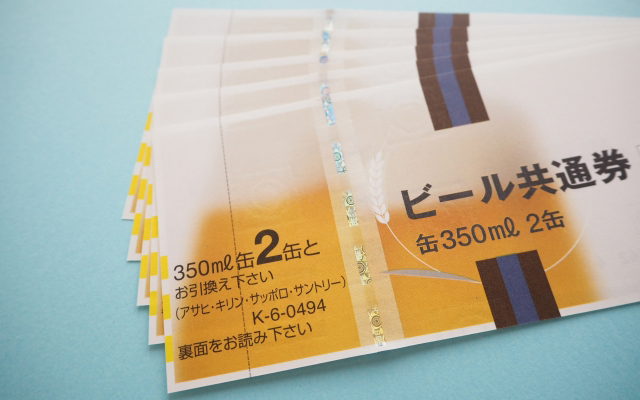
Japan Business Law: Regulations regarding “Premiums” under the Act Against Unjustifiable Premiums and Misleading Representations
The “Act Against Unjustifiable Premiums and Misleading Representations” is a law that regulates “premiums” and “representations”, both of which companies use to persuade customers, in order to protect the general interests of consumers.
Regarding “representations” related to advertisements, in recent years administrative measures, known as administrative orders, against “exaggerated labeling” or “misleading representations” are being featured in media reports.
On the other hand, regulations on “premiums” are not yet familiar amongst the general public – so this article will introduce regulation on “premiums”.
Definition of “Premiums”
What sort of “premiums” are subject to regulations under the Act Against Unjustifiable Premiums and Misleading Representations?
In general, premiums tend to come with items consumers either buy or products they apply to win. “Premiums” under the Act Against Unjustifiable Premiums and Misleading Representations are not so different from what you imagine.
Specifically, premiums shall meets the following requirements.
(1) a means to induce customers
(2) provided in connection with transactions
(3) any articles, money, or other kinds or sources of economic gain
In addition, although it seems that discounts and after-sales service fall under “economic gain”, basically they are not considered to be premiums.
The two types of premiums
Premiums are divided into two types, “prizes” and “premiums offered to all”. They are stipulated as follows.
・Prizes
Providing premiums by means of “contingency like a lottery system” or “superiority of a specific action”.
An example of “contingency like a lottery system” is providing premiums to the winning ticket holder of a lottery system.
An example of “superiority of a specific action” is providing premiums to a person who gave a correct answer in a quiz.
・ Premiums offered to all
The premiums are not prizes but offered to everyone who meets certain conditions, such as through purchasing goods or visiting a specific shop.
For example, attaching an original sticker to the first limited edition release of an artist or a movie DVD or Blu-ray; or presenting a gift to a model room visitor to a condominium unit even if the visitor didn’t purchase.
When premiums are offered on a first-come-first-served basis, such as “Free ◯ ◯(item) limited to first ◯(number) visitors”, they are also classified as premiums offered to all.
Regulations Regarding “Premiums”
What are the specific regulations of “Premiums”?
・ In case of prizes
If the transaction price for the prize is less than 5,000 yen, the maximum amount of the prize can only be up to 20 times the transaction price.
In case of providing a prize, as a premium, to the consumer of a certain product, the “transaction price” means the selling price of the product.
When the transaction price is more than 5,000 yen, the maximum amount of premium is 100,000 yen.
For example, in the case of a campaign in which prizes are given through lottery system after consumers have collected 5 stickers, one sticker attached to a 250yen bag of bread, and applied via postcard, the maximum prize is 25,000yen ([250yen×5=1,250yen] ×20times).
In addition, the maximum total prize provided as the premium is limited to 2% of the scheduled total sales amount related to the prize.
・ In case of premiums offered to all
In cases where the transaction price is less than 1,000 yen, the maximum amount of premium to be provided is limited to 200 yen. If the transaction price is more than 1,000 yen, the maximum amount of the premium to be provided is not more than two tenths of the transaction price.
For example, in an event at a ramen restaurant where a free topping service is provided for all customers who order 850 yen ramen noodles, the unit price of the toppings must be limited to those not exceeding 200 yen.
While the regulations of premiums are not so familiar to the general public, providing premiums often occurs in actual business situations.
Please pay attention otherwise you may violate the Act Against Unjustifiable Premiums and Misleading Representations without realizing.
Administrative orders will be issued for violations and if you did not follow them, penalties may be imposed – up to two years imprisonment or a fine of up to 3 million yen.
Please take this opportunity to review the specific regulations.
